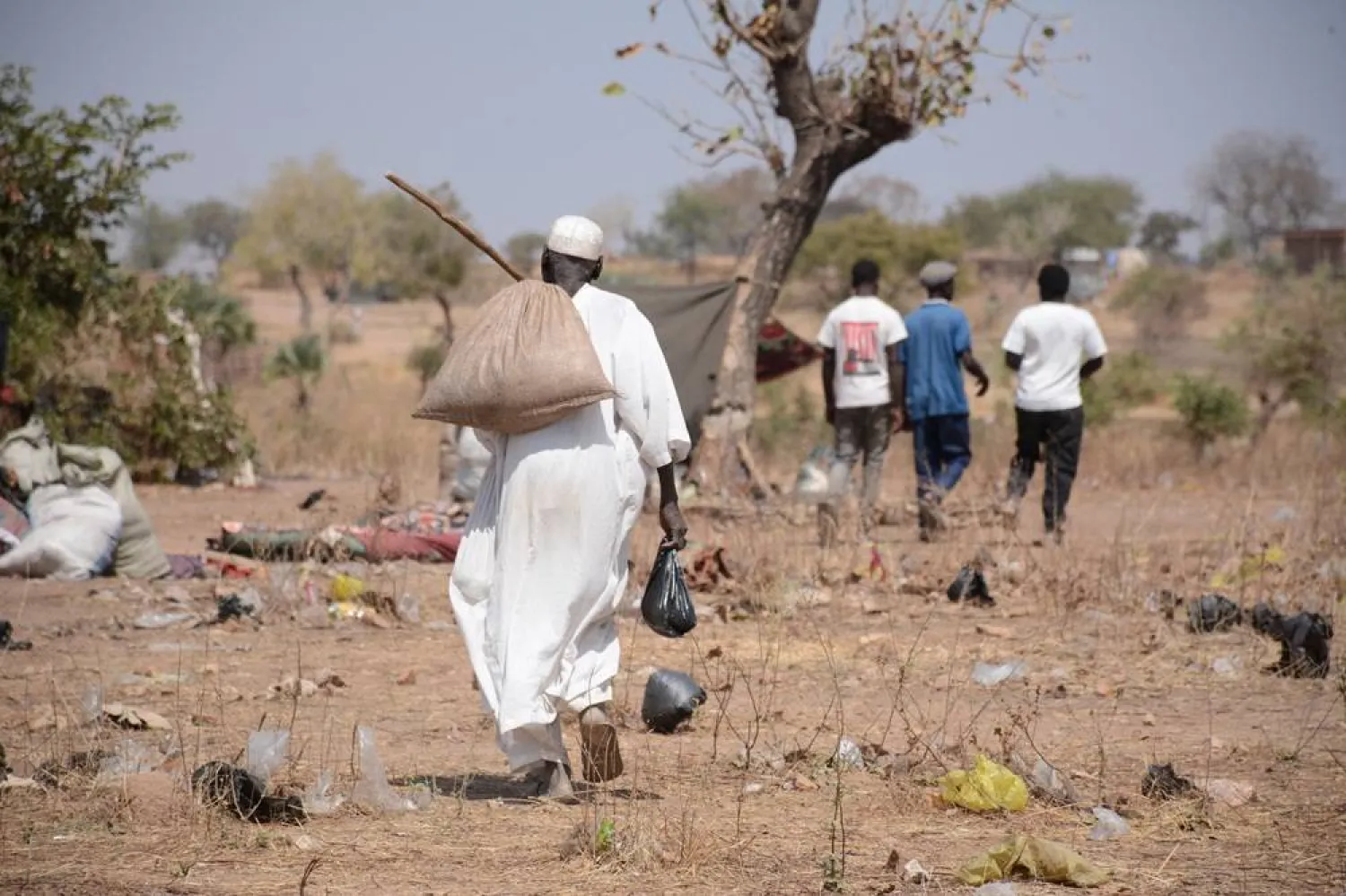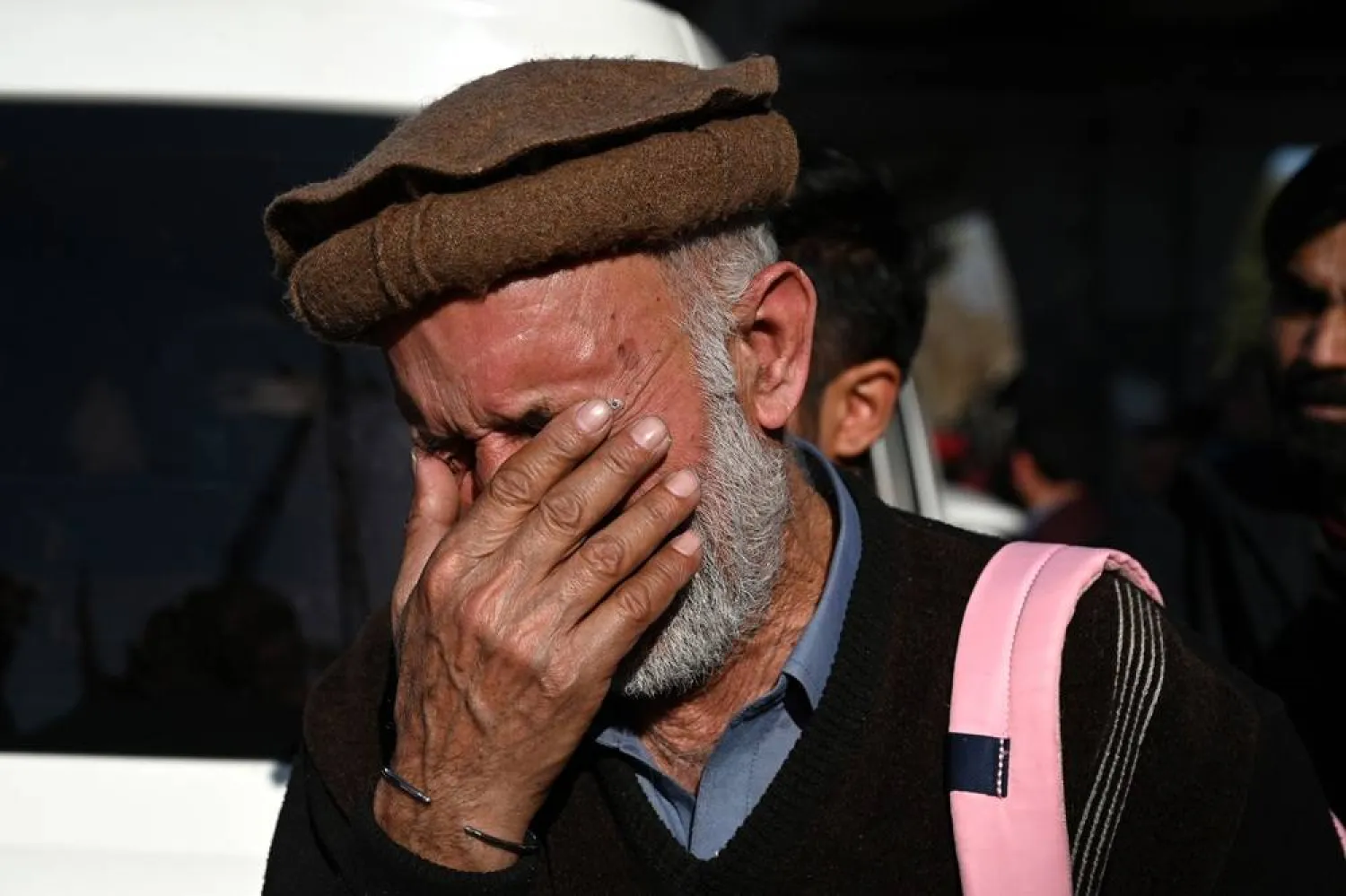At the close of registration of candidates for Kuwait’s National Assembly (parliament) elections, the Ministry of Interior’s Elections Affairs Department revealed that 258 candidates had applied across the country’s five districts.
After 3 withdrew, the final count settled at 255, including 14 women, the Department disclosed on Wednesday.
The last day saw 37 candidates, including 7 women, sign up, marking the highest daily intake since registration began earlier this month.
Forty-seven candidates are running in the first constituency, 53 in the second, 37 in the third and as many as 68 in the fourth and 50 hopefuls in the fifth electoral district. Eight of the 14 female candidates are contesting in the third district.
Comparatively, the previous elections in 2023 saw 207 candidates, including 15 women, vying for seats.
A scrutiny committee is now gearing up to review candidate qualifications and ensure they meet the necessary criteria for political office. This judicial body, working alongside the Interior Ministry, allows disqualified individuals to appeal within a set timeframe.
A decree-law issued on February 22 temporarily suspended certain provisions of the Election Commission Law until October 1 of the following year.
The decree-law for the 2024 National Assembly elections prohibits candidacy for those convicted of serious crimes, unless their status has been rehabilitated.
The aim is to maintain procedural integrity from previous elections while preserving essential guarantees and provisions. This includes using official civil ID data to prevent manipulation and ensuring rehabilitated individuals aren’t disenfranchised.
Kuwait’s Deputy Prime Minister, Minister of Defense and Acting Interior Minister Sheikh Fahad Yusuf Al-Sabah has divided election committees across the districts: 93 in the first, 91 in the second, 135 in the third, 201 in the fourth, and 239 in the fifth.
The 2024 National Assembly elections are set for Thursday, April 4, falling on the 25th of Islam’s holy month of fasting, Ramadan. It’s the second time Kuwait holds parliamentary elections during Ramadan.









